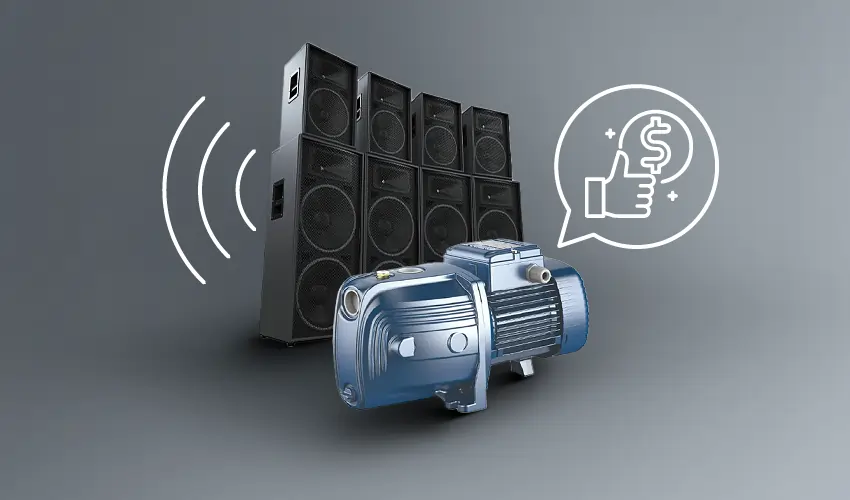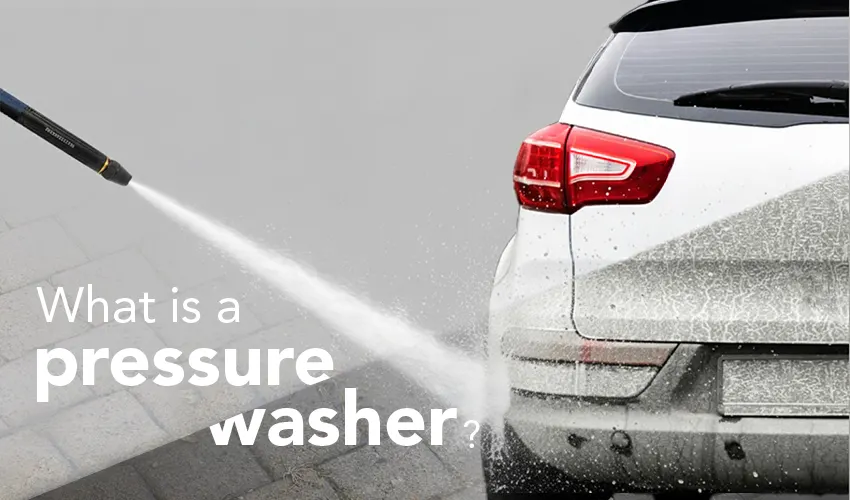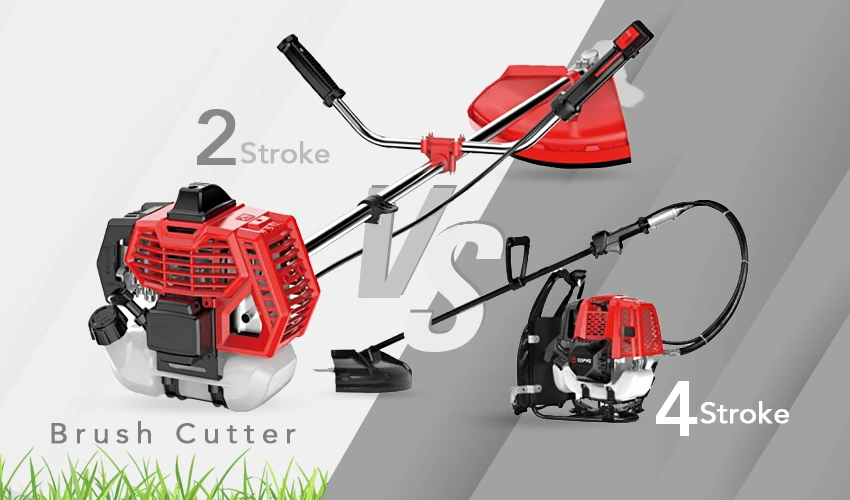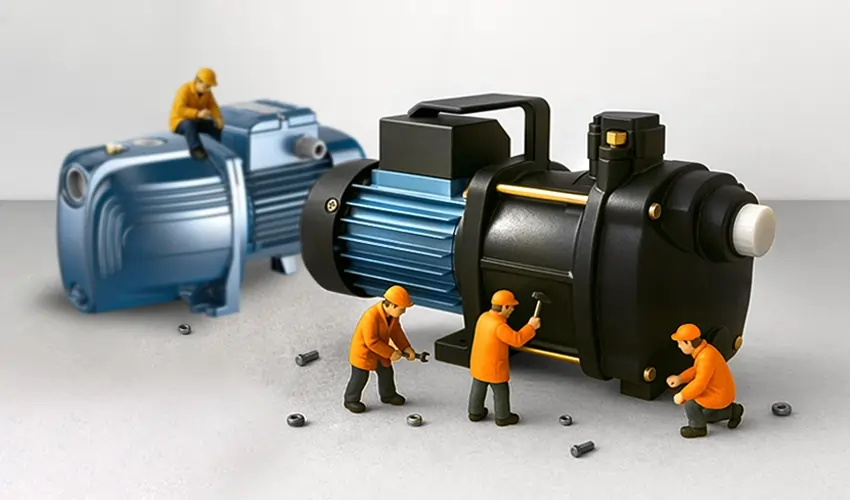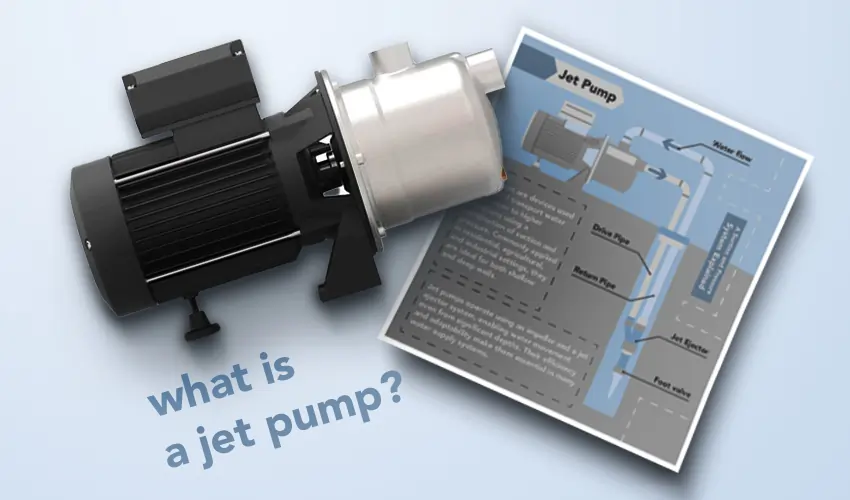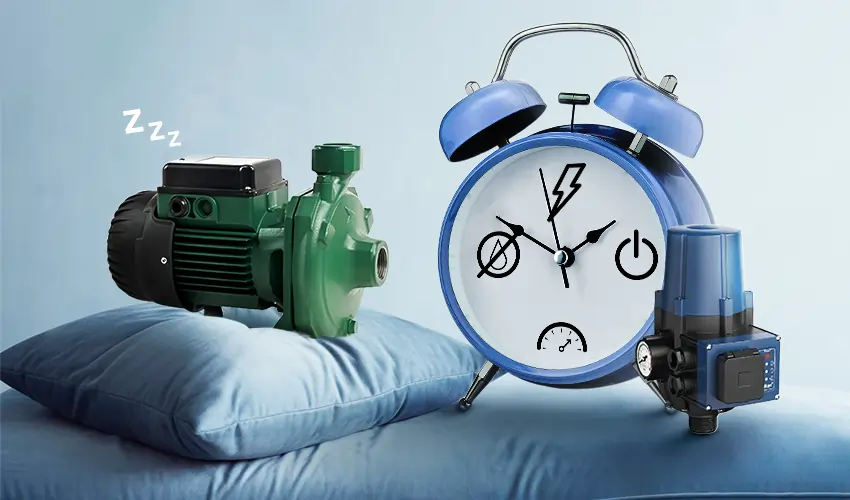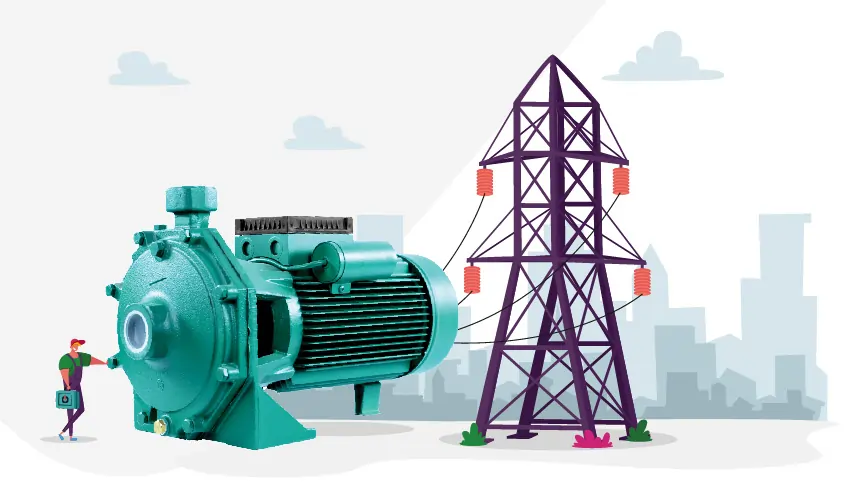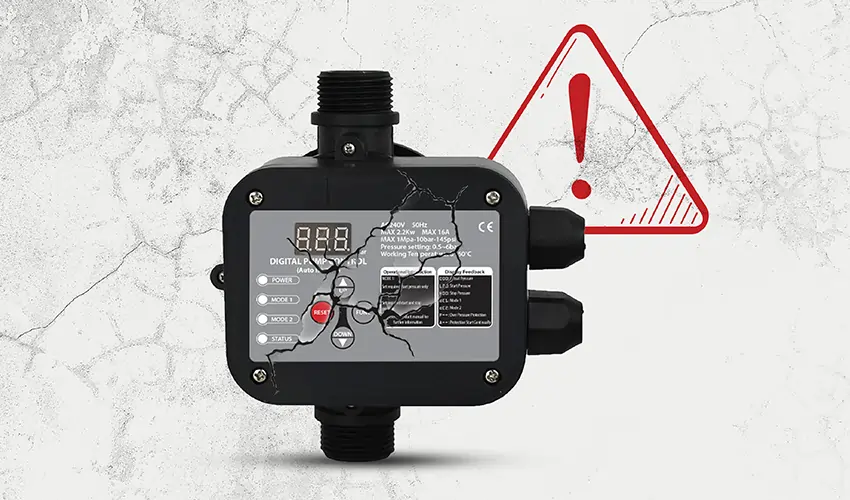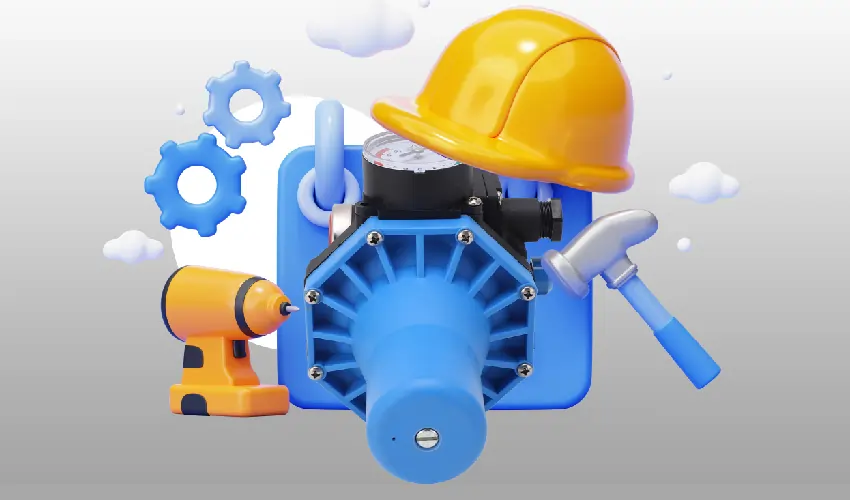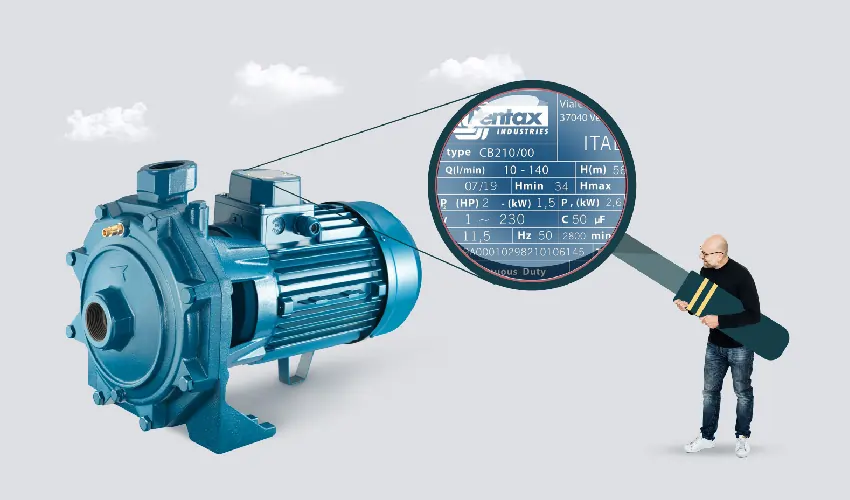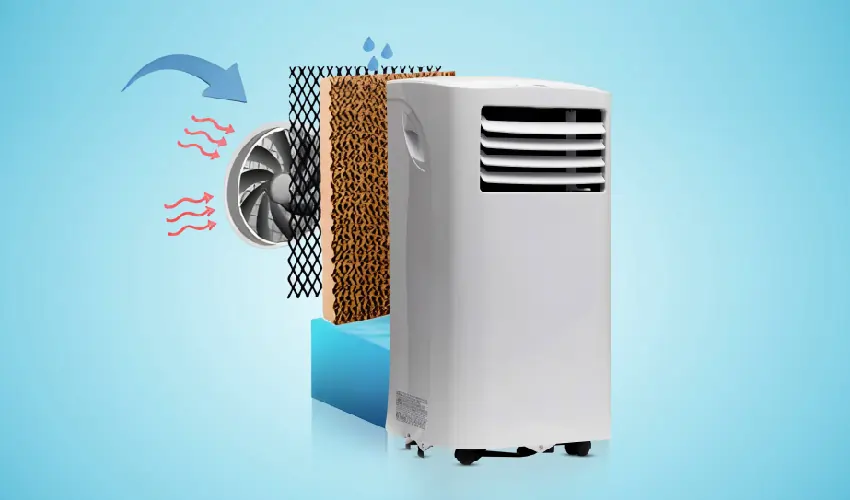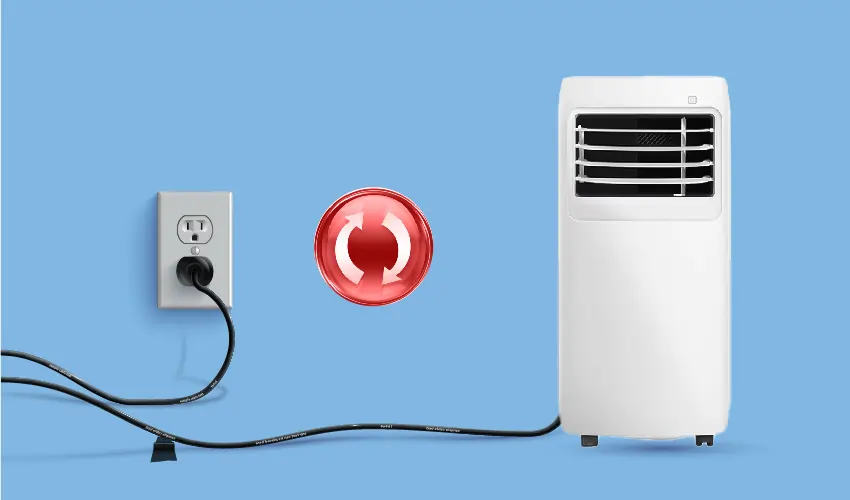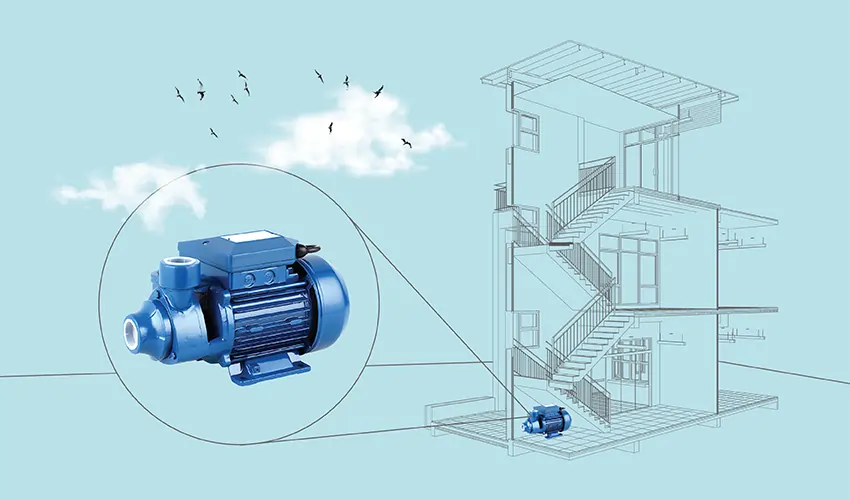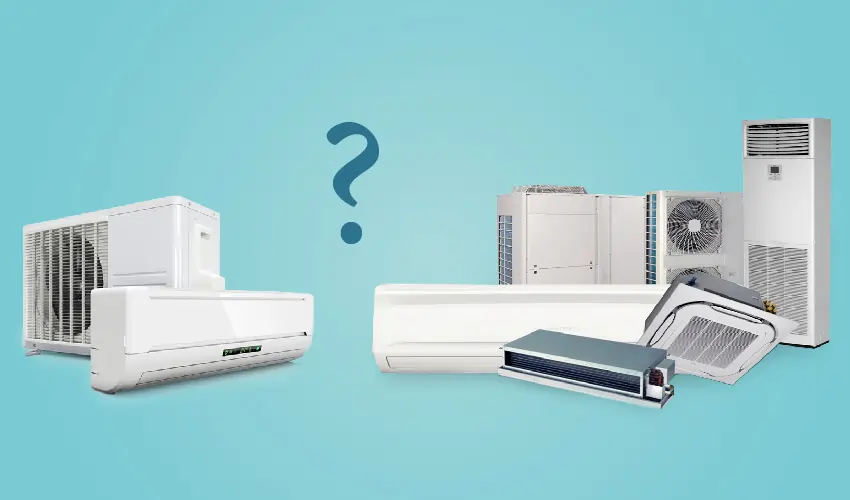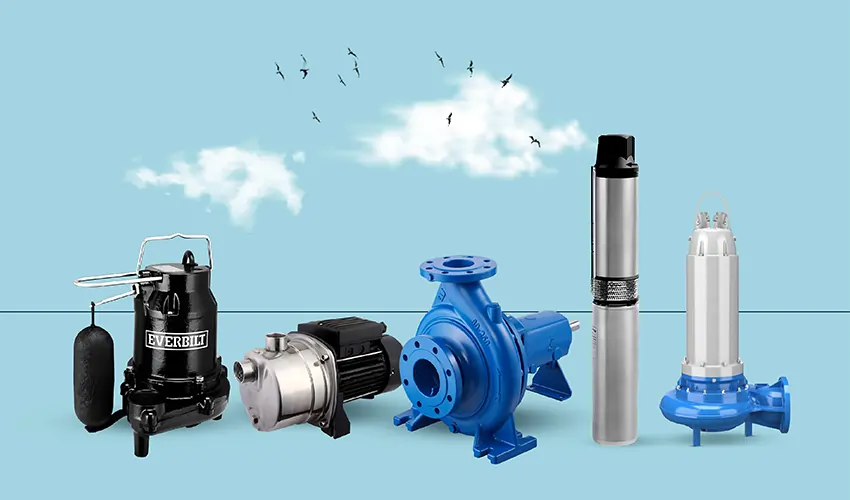Jet pumps are versatile pumping devices used in various industries and applications. Understanding the jet pumps advantages and disadvantages is essential in determining their suitability for specific pumping needs.
Advantages of Jet Pump
Jet pumps offer several advantages that make them a popular choice for water pumping applications. Here are some key advantages of jet pumps:
Versatility
Jet pumps are versatile and can be used in a wide range of applications, including residential, agricultural, industrial, and commercial sectors. They can handle various water sources such as wells, underground reservoirs, or storage tanks.
Cost-effective
They are generally more affordable compared to other types of pumps, making them a cost-effective solution for water pumping needs. They offer a good balance between performance and price.
Compact Size
Jet pumps are often compact and space-saving, making them suitable for installations in confined spaces or areas with limited room.
Self-Priming
They are self-priming, which means they can draw water from a source and create suction without requiring additional priming or manual intervention. This feature simplifies the installation and operation process.
Easy Maintenance
Jet pumps are relatively easy to maintain. They typically have fewer moving parts compared to other pump types, reducing the complexity of maintenance and potential points of failure.
Efficient Performance
They can provide high flow rates and deliver water at relatively high pressures, making them suitable for applications that require substantial water movement or pressurized systems.
Ability to Lift Water
Jet pumps have the capability to lift water from greater depths, making them suitable for applications where the water source is located at a considerable distance below the pump.
Durability
They are often built with durable materials such as cast iron or stainless steel, ensuring longevity and resistance to corrosion or wear.
Wide Range of Sizes
Jet pumps are available in various sizes and capacities, allowing for flexibility in choosing the right pump that matches the specific water demand and application requirements.
Reliability
They have a long-standing history of reliable performance and have been used in water pumping applications for many years. Their simple design and proven technology contribute to their overall reliability.
Disadvantages of Jet Pump
While jet pumps have several advantages, they also have certain disadvantages that should be considered. Here are some common disadvantages of jet pumps:
Efficiency
Compared to other pump types such as centrifugal pumps, jet pumps tend to be less efficient in terms of energy consumption. They may require more power to achieve the desired flow rate and pressure, resulting in higher operating costs.
Noise and Vibration
Jet pumps can produce noticeable noise and vibration during operation, which can be a concern in residential or noise-sensitive environments. Additional measures may be required to mitigate noise and vibration effects.
Limited Suction Depth
They have limitations in terms of the maximum suction depth they can effectively operate. They may not be suitable for applications where the water source is located at a considerable depth or if the suction lift requirement is too high.
Maintenance and Repair
Although jet pumps generally require less maintenance compared to some other pump types, they can still require periodic maintenance and occasional repairs. The presence of moving parts and seals can lead to wear and potential issues that need attention.
Priming Requirements
While jet pumps are self-priming, they may still require initial priming during installation or after a dry period. This priming process can introduce additional complexity and time.
Limited Pressure Range
They may have limitations in terms of the maximum pressure they can generate. Applications that require extremely high pressures may require alternative pump types.
Water Quality Sensitivity
Jet pumps can be more sensitive to water quality compared to other pumps. The presence of debris, sediment, or abrasive particles in the water can affect the performance and longevity of them. Regular filtration and maintenance may be necessary to ensure proper functioning.
Less Suitable for Large Volume Applications
While jet pumps are effective for many applications, they may not be the best choice for high-volume water movement requirements. Other pump types, such as centrifugal pumps, are often more efficient and better suited for large-scale applications.
Conclusion
In conclusion, jet pumps offer several advantages, including versatility, cost-effectiveness, compact size, self-priming ability, easy maintenance, efficient performance, ability to lift water from greater depths, durability, wide range of sizes, and reliability. However, they also have some disadvantages, such as lower efficiency compared to other pump types, noise and vibration during operation, limitations in suction depth, maintenance requirements, priming needs, limited pressure range, sensitivity to water quality, and less suitability for large volume applications. When considering jet pumps for a specific application, it is important to weigh jet pump benefits and negatives to make an informed decision based on the specific requirements and constraints of the project.

